The sound is as good as it gets, and the protocol is so easy to use that it's crazy. You turn it on, plug it into one of the AES50 ports on the X32, and it simply works. Every time. No instability or strangeness - just works.
I ordered two S16s, but one of them had a faulty power supply, so I had to send it back. That was a bit sad, as I had to dig out the analog multicore the following concert to cover the last inputs. One of our helpers even managed to dig through the multicore with a shovel, so it lost a few channels. Had it been a CAT-5 cable, we could have just replaced that one cable cheaply.
What that also tells, is that of course Behringer cuts some corners even on these a little bit more high-quality products. I have an older Behringer mixer, which also had a power supply that failed and had to be sent back. Plus some older Behringer speakers which also had a power supply that failed.
But when that problem was fixed, I can't complain about anything. These units are brilliant. I just wish they weren't quite that expensive, maybe one to two hundred euros cheaper. But I see that the Midas preamps is what ramps up the price in both the X32 and the S16s, so it's all good, I guess!
Anyway, they are part of a brilliant, cheap system, that gives me a looot of functionality. It's all been said before. Behringer - thank you!


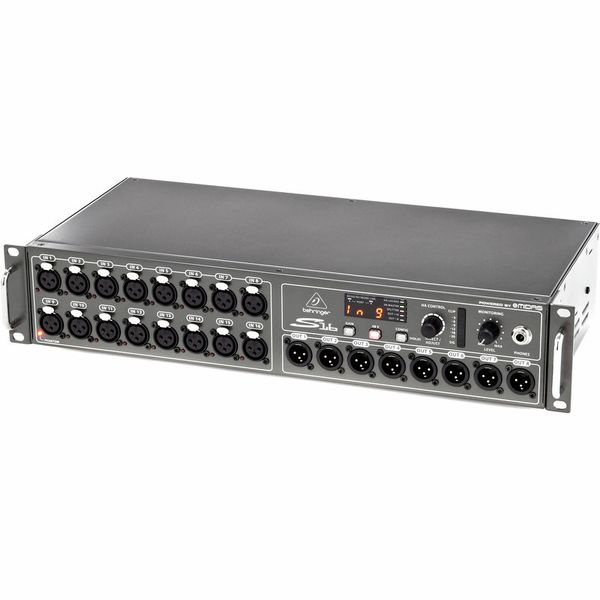
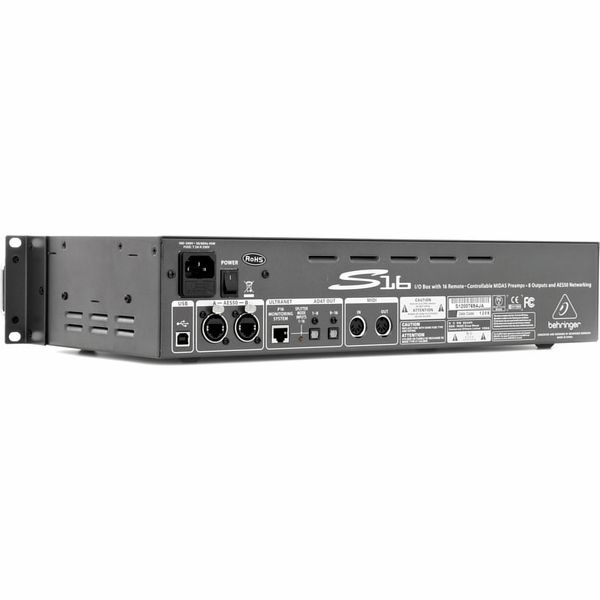
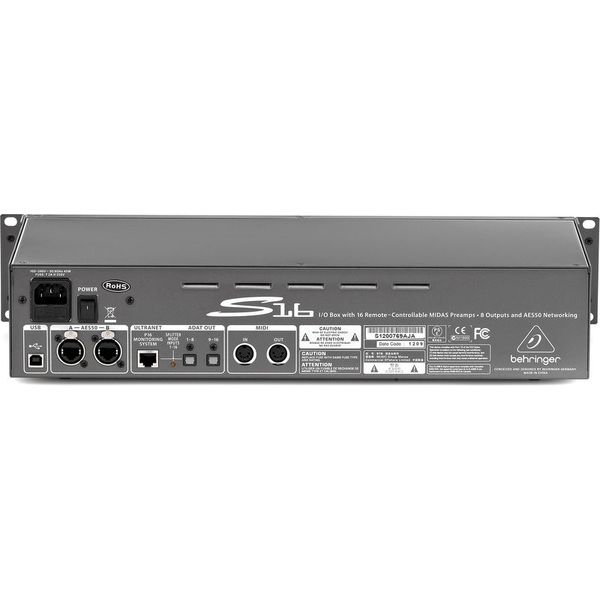
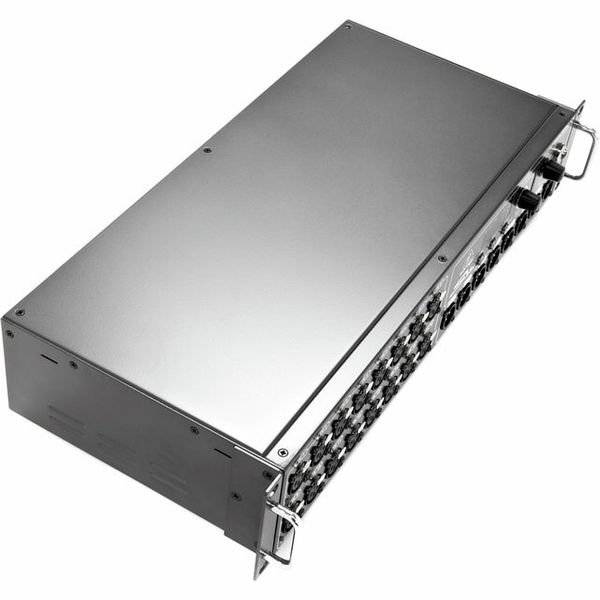
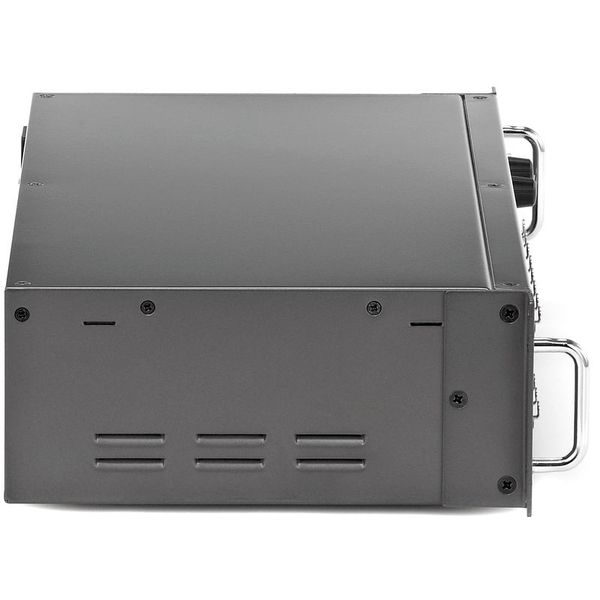
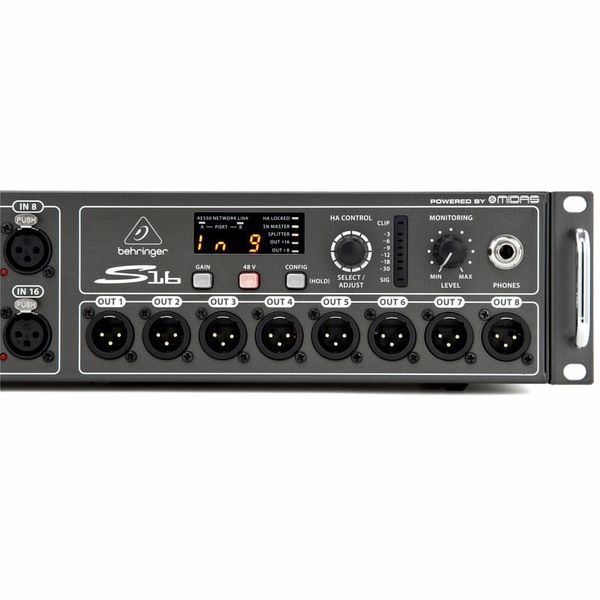
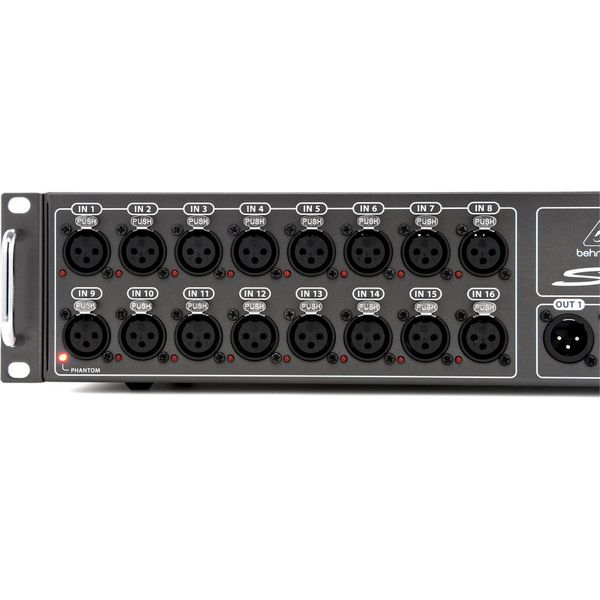
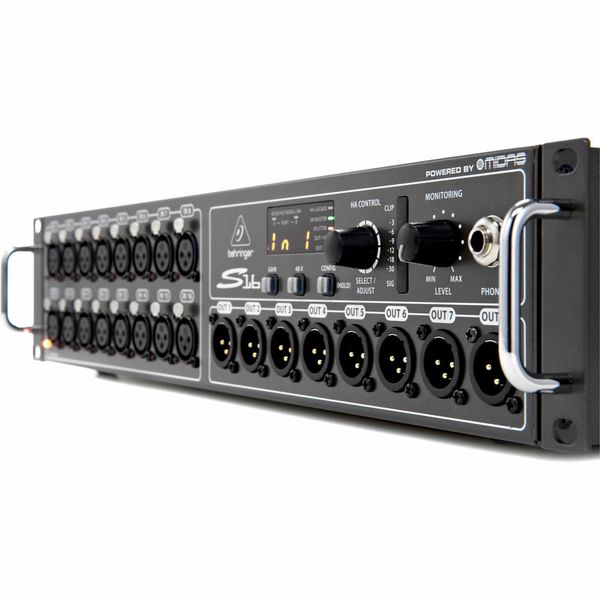
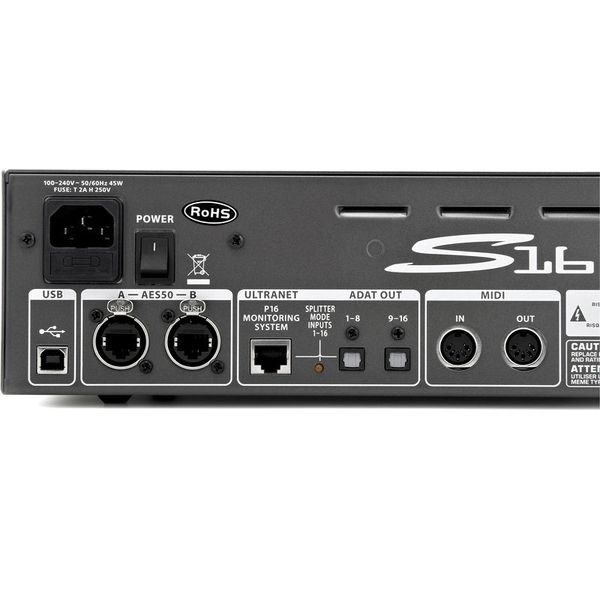










)
)
)
